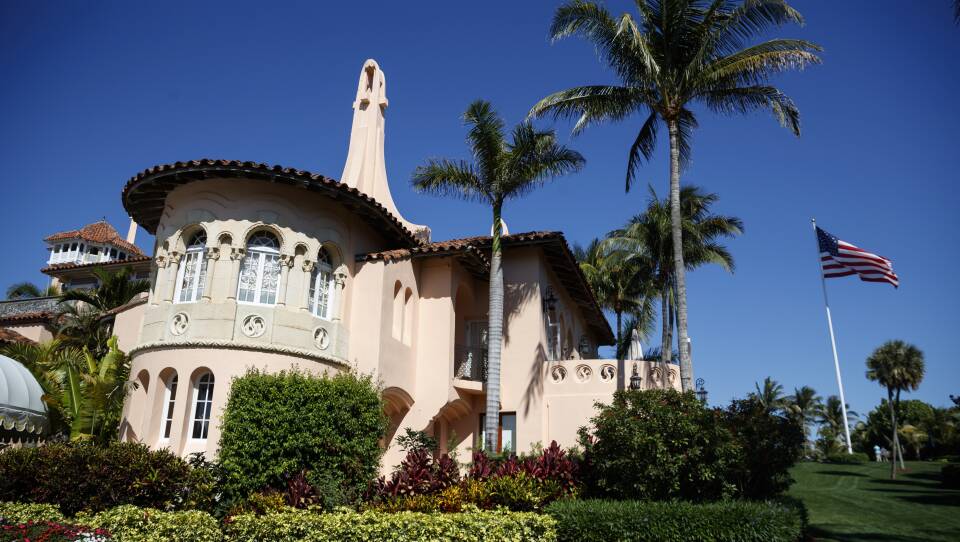At Mar-a-Lago, President Donald Trump’s Florida residence, the Secret Service apprehended a Chinese woman carrying two passports and a thumb drive containing malware in the reception area of the resort this weekend. Though there is no indication that Trump had any interaction with the woman, it has sparked a dialogue about the ease with which people have been able to access the resort.
“No president has wanted to be so accessible [as Trump] to others for business dealings,” Juliette Kayyem, the Belfer Lecturer in international security at the Harvard Kennedy School for Government, said during an interview with Boston Public Radio on Wednesday. “So, that’s [a] problem.”
According to The Washington Post, security at the resort is so lax that once someone has made it past the reception desk, they could make it up to the entrance of the president’s personal quarters.
“You can go anywhere,” Laurence Leamer, an author who recently wrote a book about Mar-a-Lago, told the Post in an article published Tuesday. “There’s no checkpoints once you’re in there.”
The difficulty for the Secret Service to maintain a standard level of security at the resort stems from Trump’s desire to continue to utilize the Mar-a-Lago as a hub for his business, political and social interests, even while the resort remains open to the public for business. In a statement, the Secret Service said it was the responsibility of Mar-a-Lago, not the agency, to determine the fitness of people to enter the resort.
“[The Secret Service] does not determine who is invited or welcome at Mar-a-Lago; this is the responsibility of the host entity,” the agency said. “The Mar-a-Lago Club’s management determines which members and guests are granted access to the property. This access does not afford an individual proximity to the President or other Secret Service protectees.”
Kayyem also does not fault the agency, and said the only person who should bear responsibility for the security breach is the president.
“Secret service is getting a lot of criticism for this, I don’t think they should. They did what the Secret Service does, which is looking [for if anyone has a gun] because they would be close to the president,” Kayyem said. “I don’t blame the secret service at all. I blame the open door culture of this White House.”




